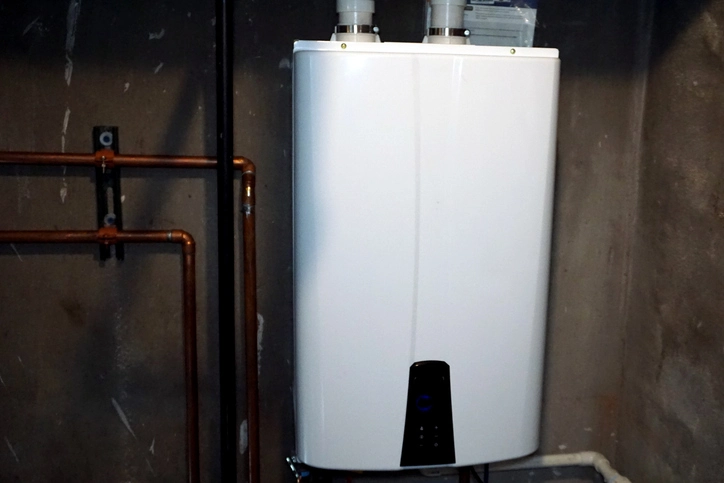In recent years, many homeowners have been making the switch from traditional gas-powered water heaters to electric water heaters. This change is driven by several factors, from environmental concerns to long-term cost savings. If you’re considering upgrading your home’s water heating system, here are some of the key benefits of switching to an electric water heater.
1. Eco-Friendly Choice
One of the most significant reasons to switch to an electric water heater is the environmental impact. Electric water heaters produce zero direct emissions, unlike their gas counterparts, which release carbon dioxide and other harmful gases into the atmosphere. By choosing electricity, especially if you source it from renewable sources like solar or wind, you can significantly reduce your carbon footprint and contribute to a cleaner environment.
2. Lower Installation Costs
Electric water heaters generally have lower upfront installation costs compared to gas water heaters. Gas models require additional components, such as a venting system to safely expel combustion gases. Electric water heaters, on the other hand, are simpler to install and don’t require venting, which can save you money on both equipment and labor during installation.
3. Improved Safety
Gas water heaters come with a number of safety concerns, including the risk of gas leaks, carbon monoxide poisoning, and fire hazards. With an electric water heater, you eliminate these risks. Electric models have no combustion process, so there’s no danger of leaks or harmful gases in your home. This makes electric water heaters a safer choice for families, especially those with children or pets.
4. Energy Efficiency
Modern electric water heaters are becoming increasingly energy-efficient, thanks to innovations in technology such as heat pump water heaters. These systems can use up to 50% less energy than traditional water heaters, leading to lower utility bills. Additionally, many electric water heaters now come with advanced features like timers and temperature controls, which allow you to optimize energy use and further reduce costs.
5. Lower Maintenance Requirements
Electric water heaters tend to require less maintenance than gas models. Since there are no combustion elements, there’s less buildup of mineral deposits and corrosion inside the tank. This can extend the lifespan of your unit and reduce the frequency of repairs. Additionally, electric water heaters typically don’t require annual inspections, as is the case with gas models to check for gas leaks and venting issues.
6. Better Control Over Water Temperature
Electric water heaters often provide more consistent and precise temperature control than gas models. With an electric system, you can set the exact temperature to your liking, and it will remain steady throughout the day. This is particularly useful in households with multiple people using hot water at the same time, as it minimizes fluctuations in water temperature.
7. Quiet Operation
Electric water heaters are generally quieter than gas models. Gas-powered systems have burners that can produce noise during operation, whereas electric heaters operate silently, providing a quieter and more peaceful environment in your home.
8. Longer Lifespan
Electric water heaters tend to last longer than gas-powered ones, often with lifespans of 10-15 years compared to the 8-12 years for gas models. While this can vary depending on factors like the quality of the unit and the water quality in your area, electric models typically require fewer repairs and replacements, offering long-term peace of mind.
9. Availability of Incentives and Rebates
In many areas, switching to an electric water heater may qualify you for rebates or tax incentives, especially if you opt for an energy-efficient model or a heat pump water heater. These incentives can help offset the initial cost of the system and further increase the financial benefits of making the switch.
10. Convenience and Versatility
Electric water heaters are incredibly versatile and can be installed in a variety of spaces. They don’t require a flue or venting system, which means they can be placed in areas where traditional gas heaters might not fit, such as closets or utility rooms. This can offer more flexibility in your home design and layout.
Conclusion
Switching to an electric water heater offers a range of benefits that make it an appealing choice for homeowners. From cost savings and energy efficiency to improved safety and environmental impact, the advantages of making the switch are clear. Whether you’re replacing an old unit or upgrading your current system, an electric water heater can provide reliable, efficient, and long-lasting performance for your home.
Contact DeJusto Plumbing Today
Phone: (707) 322-9873
Email: dejustoplumbing@gmail.com

